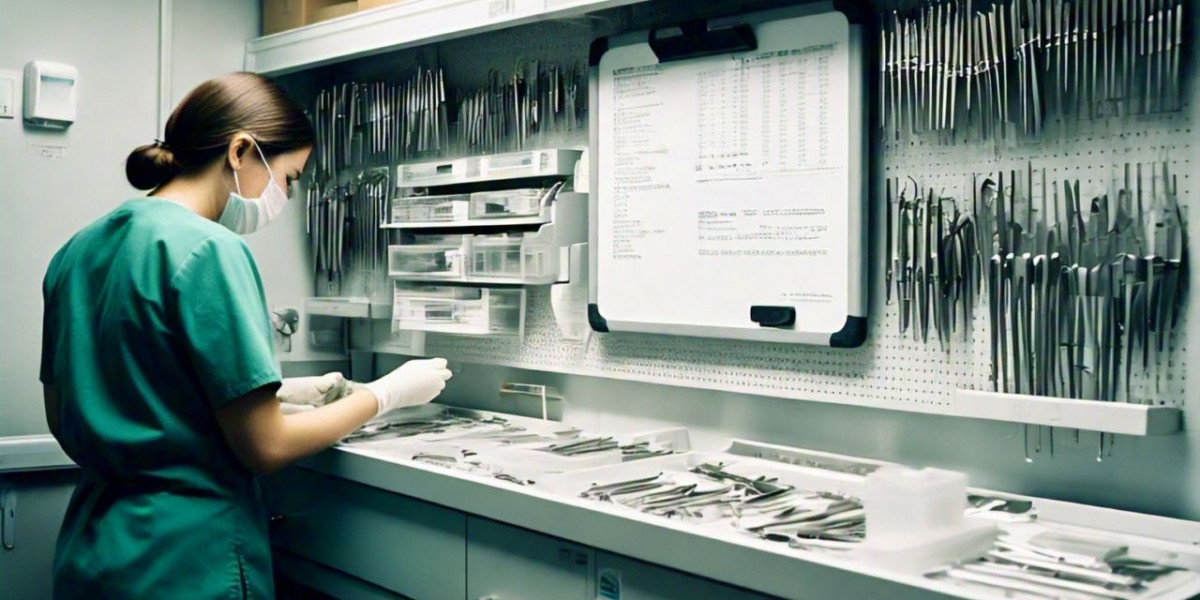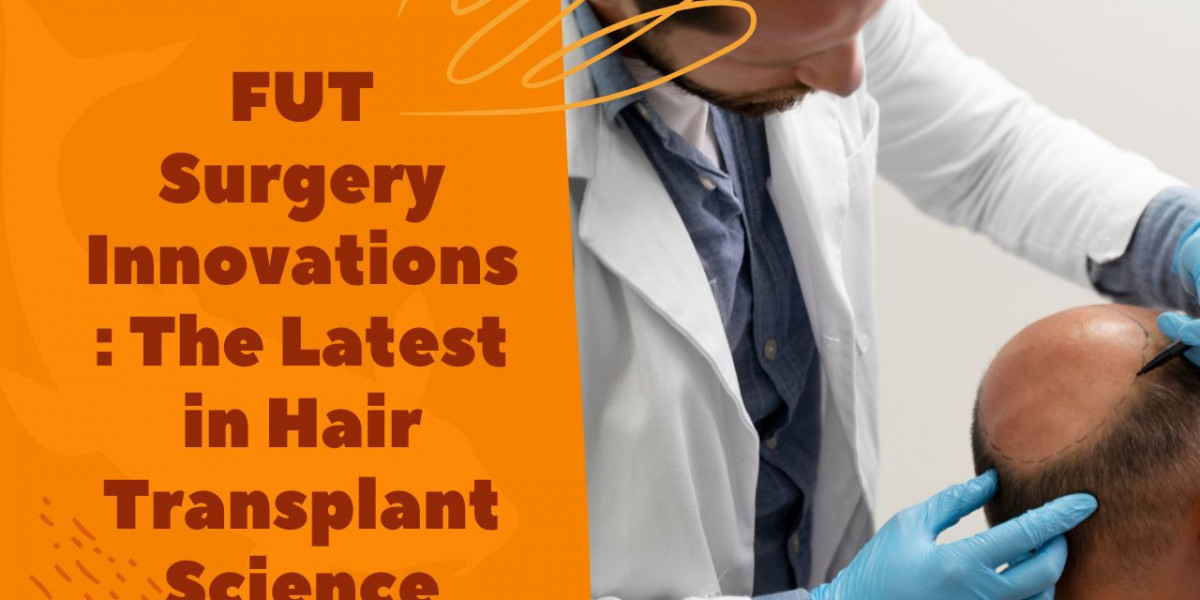How Proper Maintenance Extends the Life of Surgical Tools
Surgical tools are vital assets in healthcare, requiring meticulous care to ensure their longevity and effectiveness. Proper maintenance not only extends the life of these instruments but also guarantees safety and optimal performance during procedures. In this article, we’ll explore essential practices to maintain surgical tools and why it’s crucial for healthcare providers.
Why Maintenance of Surgical Tools is Essential
Surgical instruments are precision-engineered tools designed for critical medical procedures. Without proper care, they can become damaged, leading to compromised functionality. Regular maintenance ensures these tools remain reliable, hygienic, and effective, thereby reducing costs and enhancing patient safety.
Key Benefits of Proper Surgical Tool Maintenance
- Enhanced Durability: Well-maintained tools last longer, saving money in replacement costs.
- Consistent Performance: Maintenance ensures tools function optimally during surgeries.
- Patient Safety: Clean and functional instruments reduce the risk of infection or complications.
Daily Cleaning: The Foundation of Maintenance
Daily cleaning is the first step in maintaining surgical tools. After each use, tools should be cleaned immediately to prevent residue buildup. Using appropriate cleaning agents ensures that instruments remain free of stains and debris, protecting their surfaces from corrosion.
Inspecting Tools for Damage or Wear
Routine inspection is critical to identify signs of damage or wear. Small issues like dull edges or loose screws can escalate into major problems if not addressed promptly. Manufacturers like Ophthalmic Surgical Instruments suppliers often provide guidelines for routine inspections to help extend the lifespan of their products.
The Role of Proper Sterilization
Sterilization is a non-negotiable aspect of surgical tool maintenance. Using autoclaves or other approved sterilization methods ensures that tools are free of pathogens. Improper sterilization can cause discoloration, corrosion, or even compromise the structural integrity of the tools.
Choosing the Right Cleaning Products
Not all cleaning products are suitable for surgical instruments. Harsh chemicals can damage the material, leading to premature wear. It’s essential to use cleaners recommended by experts or trusted surgical tool manufacturers and suppliers.
Lubrication: A Small Step with Big Impact
Lubricating surgical tools after cleaning and sterilization prevents rusting and ensures smooth operation. Special surgical instrument lubricants are designed to maintain the integrity of tools without leaving harmful residues.
Storage Practices to Protect Instruments
Proper storage is as vital as cleaning. Instruments should be stored in a clean, dry environment to avoid exposure to moisture or contaminants. Custom storage trays and protective cases are excellent for ensuring tools remain secure.
The Role of Training in Maintenance
Even the most advanced maintenance protocols fail without proper training. Staff responsible for handling surgical instruments must be educated on cleaning techniques, storage procedures, and troubleshooting minor issues.
Repairing vs. Replacing Tools
When surgical instruments show signs of damage, determining whether to repair or replace them is crucial. High-quality tools, such as those from Shop - T Surgical Instruments, can often be repaired to restore their functionality, saving costs.
Advanced Maintenance Technologies
New technologies, such as ultrasonic cleaners and automated lubrication systems, are revolutionizing surgical instrument maintenance. These innovations ensure thorough cleaning and consistent care, extending the lifespan of tools.
Preventing Rust and Corrosion
Rust and corrosion are common issues with surgical tools. By following maintenance protocols, including drying tools after sterilization and applying anti-corrosion agents, healthcare facilities can avoid these problems.
Role of Manufacturers in Maintenance
Leading manufacturers provide resources to help healthcare providers maintain their tools. Companies like T Surgical Instruments often offer maintenance tips, repair services, and high-quality materials that reduce wear and tear.
Environmental Impact of Proper Maintenance
Maintaining surgical tools isn’t just cost-effective; it’s environmentally responsible. Reducing the need for frequent replacements lowers waste and conserves resources, aligning with sustainable healthcare practices.
Conclusion: Maintenance is an Investment
Proper maintenance of surgical tools is an investment in quality care, patient safety, and cost-efficiency. By adhering to maintenance protocols and partnering with reputable suppliers, healthcare providers can ensure their instruments remain in excellent condition for years.
FAQs
1. How often should surgical tools be cleaned?
Surgical tools should be cleaned immediately after use to prevent residue buildup and maintain their integrity.
2. What products are best for cleaning surgical instruments?
Use pH-neutral cleaning agents recommended by the instrument manufacturer to avoid damage.
3. How can I prevent rust on surgical tools?
Dry tools thoroughly after cleaning, apply anti-corrosion agents, and store them in a dry environment.
4. Can damaged surgical instruments be repaired?
Yes, many high-quality instruments can be repaired by experts to restore their functionality.
5. Why is sterilization crucial for surgical tools?
Sterilization eliminates pathogens, ensuring the safety of patients and healthcare workers.
6. What role do manufacturers play in maintaining surgical tools?
Manufacturers often provide maintenance guidelines, repair services, and high-quality materials to enhance the lifespan of instruments.







